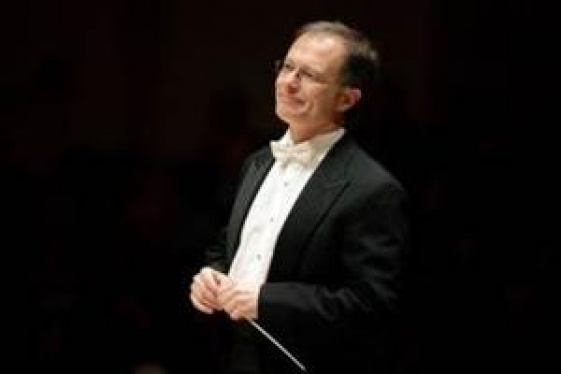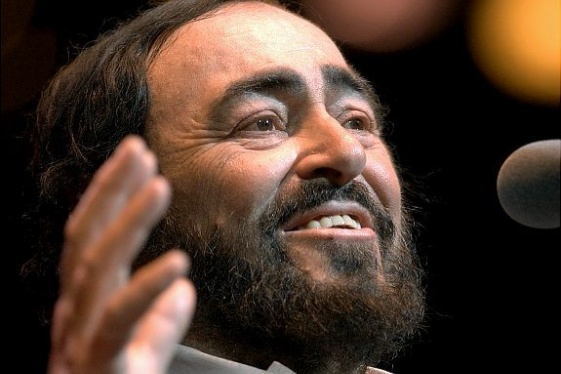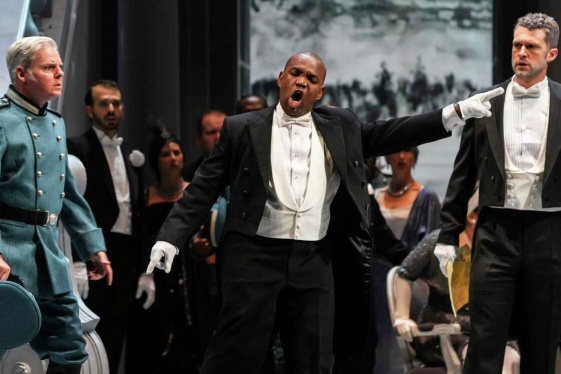WTI Magazine #76 2016 February 15
Author : Giovanni Verde Translation by: Giulia Carletti
Giuseppe Verdi was one of the greatest Italian composers of all time. He produced some of the most successful operas known today around the world. Verdi was born in province of Parma, on the 10th of October, 1813. Studying and developing his extraordinary talent, he followed his vocation as composer, also thanks to his father's confidence. Pietro Baistrocchi, who was an organist in the local church, gave him organ and piano lessons as a personal gift. Subsequently, Antonio Barezzi, who was a shopkeeper and music amateur as well as the director of the local Philharmonic Society, noticed his talent and choose to support him, becoming his patron and helping him to complete his studies.
At the age of 13, Verdi was asked to replace a musician at the Philharmonic Society in Busseto, near Parma. This became his first public event, and it was an immediate success.
Verdi sought success in Milan, the cultural capital of northern Italy, in which he applied vainly to study at the Conservatory, which has later taken his name. Therefore, Verdi went study privately with Vincenzo Lavigna, maestro concertatore at La Scala Theater, who would lately regard Verdi's compositions as "very promising." Lavigna encouraged Verdi to take out a subscription to La Scala, through which the composer had the chance to hear Maria Malibran singing in operas by Gioachino Rossini and Vincenzo Bellini operas.
At the end of 1835, Verdi became the director of the school of Busseto with a three-year contract. In May 1836 he married Margherita Barezzi, daughter of Antonio Barezzi who, at the time, was 22, and with whom he went living in Milan.
Verdi's first completed opera, Oberto, Conte di San Bonifacio debuted at La Scala in 1839 (original libretto by Antonio Piazza, rewritten by Temistocle Solera). The audience really admired some of Oberto's dramatic features, and the opera ended up being quite successful, achieving up to 14 performances. La Scala impresario Bartolomeo Merelli allowed to put on one of Verdi's works in November 1839, which will result having 13 performances.
Merelli was also the one who convinced Verdi not to abandon his job as composer after the traumatic death of his wife and sons. Therefore, Merelli gave Verdi the text of Nabucco, a biblical subject out of which Solera wrote a libretto. Initially, Verdi refused to read it, as he was still devastated by the family tragedy. One evening, the libretto fell to the ground and accidentally opened on the pages of Va, pensiero text.
When Verdi read this text he was so impressed he could not sleep that night. He got up and read the text several times. At the end, he wrote music to Va, pensiero and, finally, to the whole libretto. "This verse today, tomorrow that, here a note, there a whole phrase, and little by little the opera was written", he would later recall.
The Nabucodonosor debuted on the 9th of March 1842 at La Scala Theater, where it achieved an amazing success: it will gain 64 performances in its first year. Three years later, it had reached Vienna, Lisbon, Barcelona, Berlin, Paris, and Hamburg, and, by 1850 it had been even heard in New York and Buenos Aires.
In his early operas, Verdi demonstrated a sympathy with the Risorgimento movement that sought the unification of Italy. Nabucodonosor itself illustrated several topics shared by such movement.
Other important works by Verdi – part of the so called "popular trilogy" corpus – were the Rigoletto, Il Trovatore, and La Traviata. The stylistic choices of the great composer always suited the complex dramaturgy of the opera, resulting in a refined orchestra framework and in a harmonic complexity, whose modernity was not fully perceived at the time.
After many years of silence, Verdi came back to the music world by composing the famous Aida in 1871. Verdi died in Milan, on the 27th of January 1891 at the age of 87. Nowadays, his genius is widely recognized and his famous masterpieces make Verdi one of the worldwide symbols of opera.
You may be interested
-
A Week in Emilia Romagna: An Italian Atmosp...
The Wine Consortium of Romagna, together with Consulate General of Italy in Boston, the Ho...
-
Cathedral of St. John the Divine, Oratorio S...
For the first time ever, The Cathedral of St. John the Divine, in collaboration with the O...
-
Emanuele: cervello d'Italia al Mit di Boston
Si chiama Emanuele Ceccarelli lo studente del liceo Galvani di Bologna unico italiano amme...
-
Met Guild to Honor Licia Albanese & Carlo Be...
Summer saw the passing of two of opera's most iconic figures: Licia Albanese, at the age o...
-
Pavarotti. Il mondo di Big Luciano. Anteprim...
Il mondo di Luciano Pavarotti e la sua grande carriera di cantante lirico rivivranno il 23...
-
`Otello,' Rossini's not Verdi's, staged in Ph...
Rossini’s “Otello” premiered in 1816, and the musical adaptation of Shakespeare's famous p...
-
'An Evening of Comic Opera' Outdoor Film Nigh...
Wednesday, July 31st @ Sunset. The Italian Cultural Foundation at Casa Belvedere. 79 Howar...
-
'Bel Canto' gets a strong premiere at Lyric O...
By Sarah Bryan Miller "Bel canto," Italian for "beautiful singing," is a phrase t...










